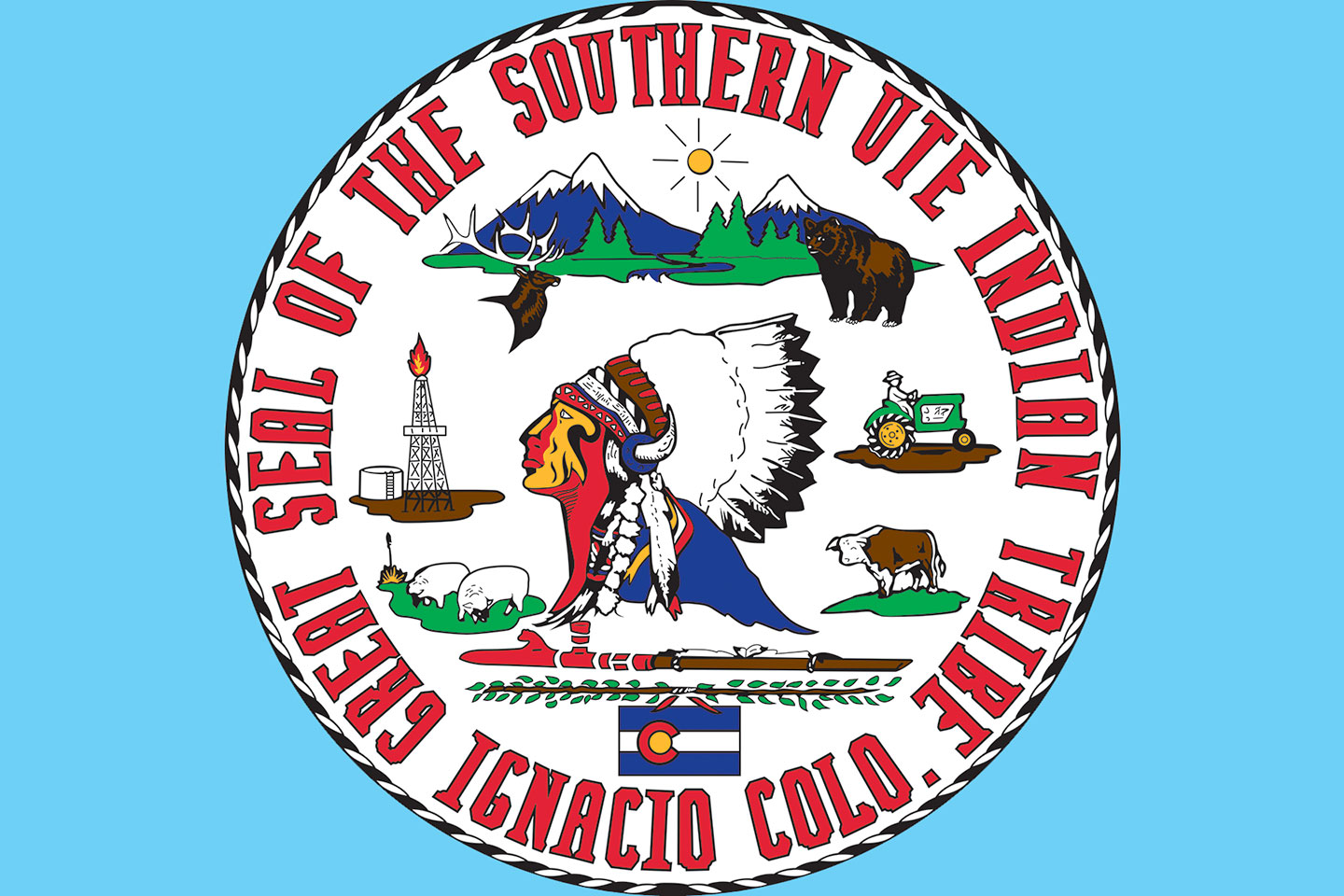The coronavirus was declared a pandemic on March 11, 2020 by the World Health Organization as cases spread to at least 114 countries. Prior to coronavirus, the U.S. economy was strong and growing. The financial markets had reached record highs in mid-February. However, they then plummeted at least 13 percent in February as the global impacts of the coronavirus became evident. Further, as businesses began to close and stay-at-home orders were implemented, the largest declines to financial markets occurred in March. Fortunately, the financial markets have improved dramatically thanks to government stimulus programs, businesses beginning to reopen, and the potential for a viable vaccine. As of this week, the financial markets are only down about three percent compared to the beginning of the fiscal year.
The coronavirus impacts on the Tribe’s overall net position has generally matched the declines and subsequent recoveries seen in the financial markets. A report providing a more in-depth look at the coronavirus’ impacts to the Tribe’s net position will be mailed to tribal members.
We are cautiously optimistic about the financial recovery and the overall financial strength of the Tribe. However, we recognize that there are many potential scenarios that could send the financial markets and overall economy into another downturn. Some of these scenarios include, but are not limited to, a resurgence of the virus, a failed vaccine, world-wide political turmoil, and a slow U.S. economic recovery. The Southern Ute Tribal Council is working to mitigate the impacts of COVID-19 and plans to proceed cautiously considering the uncertainty we still face.
CARES Act – Coronavirus Relief Fund.
Through the Coronavirus Relief Fund, the CARES Act provides for payments to state, local, and tribal governments to navigate the impacts of the COVID-19 outbreak. The Coronavirus Relief Fund is managed by the Treasury Department. The Tribe has received an allocation of funding from the Treasury Dept. for a portion of the Coronavirus Relief Fund that was specifically designated for tribal governments. Another allocation is expected soon.
The CARES act provides overall guidance and restrictions on how the funding can be used. Section 5001(d) of the CARES Act provides the eligible purposes for which Coronavirus Relief Fund payments may be used. Specifically, it allows state, local and tribal governments to make payments for programs that:
- are necessary expenditures incurred due to the public health emergency with respect to Coronavirus Disease 2019 (COVID-19);
- were not accounted for in the budget most recently approved as of the date of enactment [March 27, 2020] of this section for the state local or tribal government; and
- were incurred during the period that begins on March 1, 2020 and ends on December 30, 2020.
In addition to specific guidance contained within the CARES Act, the Treasury Dept. has issued a supplemental guidance document and a frequently asked questions (FAQs) guidance document. These documents explain that any portion of the funding not used for eligible purposes, or not expended prior to December 30, 2020, must be returned to the Treasury Dept. In addition, the funding is considered federal financial assistance (e.g., a federal grant) for purposes of the Single Audit Act; and, therefore, is subject to audit.
Both the CARES Act and Treasury Dept. guidance make it very clear that the funding must be used for expenses that are “necessary” and “due to the public health emergency with respect to COVID-19”. Some examples of expenditures that are eligible include: 1) salaries paid to employees working directly on COVID-19 response, including public safety, health care, human services, or other employees substantially dedicated to responding to the COVID-19 pandemic; 2) expenses for acquisition and distribution of medical and protective supplies, including sanitizing products and personal protective equipment; 3) expenses for communication and enforcement of public health orders related to COVID-19; 4) expenses for disinfection of public areas and other facilities; and 5) and any other expense necessary to mitigate the COVID-19 impacts.
The Tribal Council and tribal staff are working on identifying other eligible uses for the funding and will strive to ensure that none of the funding must be returned to the Treasury Dept. due to lack of spending or for spending on ineligible purposes.

